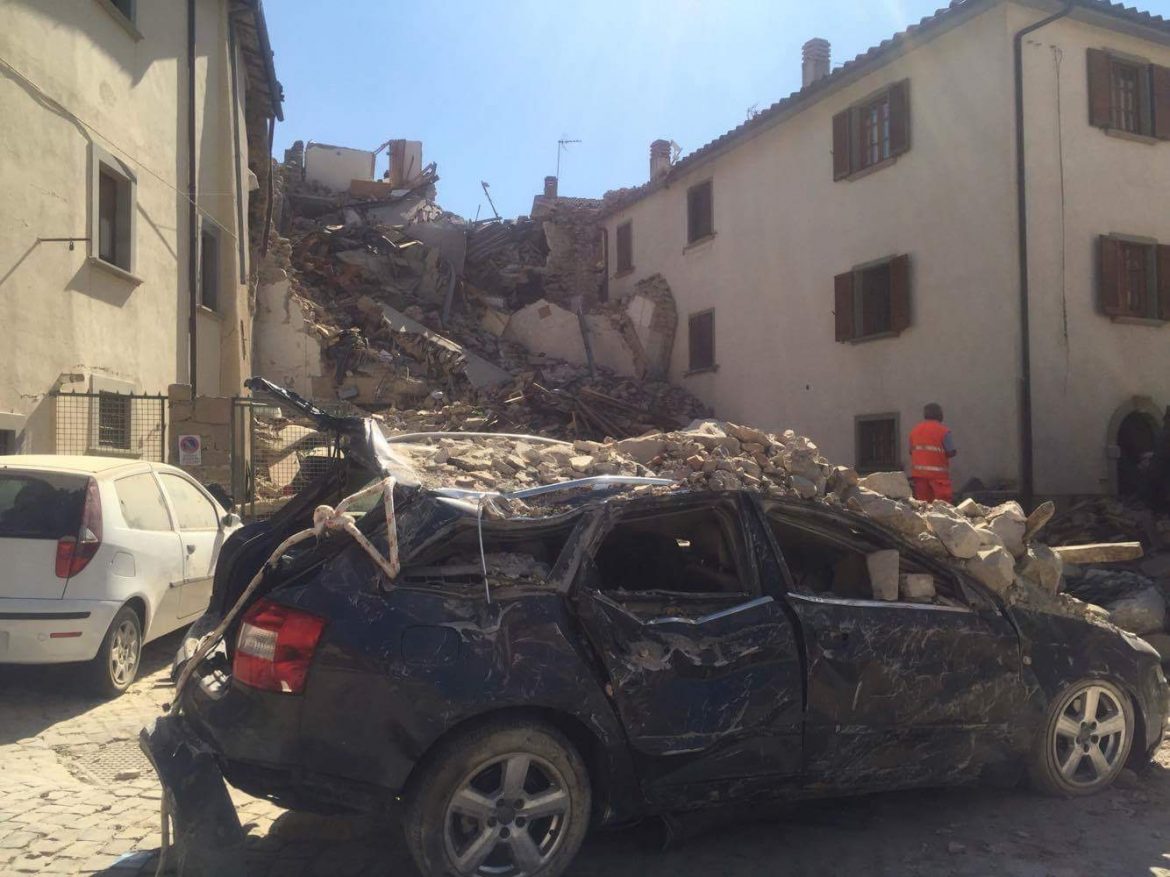On Aug. 26 at 3:36 a.m., a 6.2 magnitude earthquake struck central Italy, followed by aftershocks with magnitudes as high as 4.1 occurring later that afternoon. More than 250 people were killed and over 360 others were injured, according to CNN.
Harding alumna, journalist Virginia “ViVi” Vitalone, was in Rome at the time of the earthquake, but was called to Amatrice, the most affected region, to report on the damage there.
“One hour after the quake hit, at 5 a.m., NBC News called me to ask if I could freelance as producer for them to cover the tragedy,” Vitalone said. “I hit the road and arrive in Amatrice and have been there for the last two days.”
Grant Schol, assistant director of the Harding University in Florence program, said he knows of people in Florence who felt the effects of the earthquake, even though Florence is 150 miles from where the earthquake struck.
“I woke up to find a message from a friend asking if I was okay and about seven or eight news alerts talking about (the earthquake)” Schol said. “Initial reports that I read had single digit tolls. But as the day progressed and within a matter of only an hour or so, the number rose to well over 100.”
According to Schol, Italy is one of the most seismically active places in Europe, located where two tectonic plates beneath the Apennine Mountains.
“The population is getting plenty of help from the Red Cross, firemen, police, Order of Malta and civil protection,” Vitalone said.
The last earthquake to have hit Italy was in May of 2012, with a 5.8 and caused 27 deaths.
“What I can say to all Harding students is that saying, ‘It will never happen to me,’ is not enough,” Vitalone said. “One day you might lose it all, and that’s enough (reason) to enjoy life and family and friends as much as you can.”
